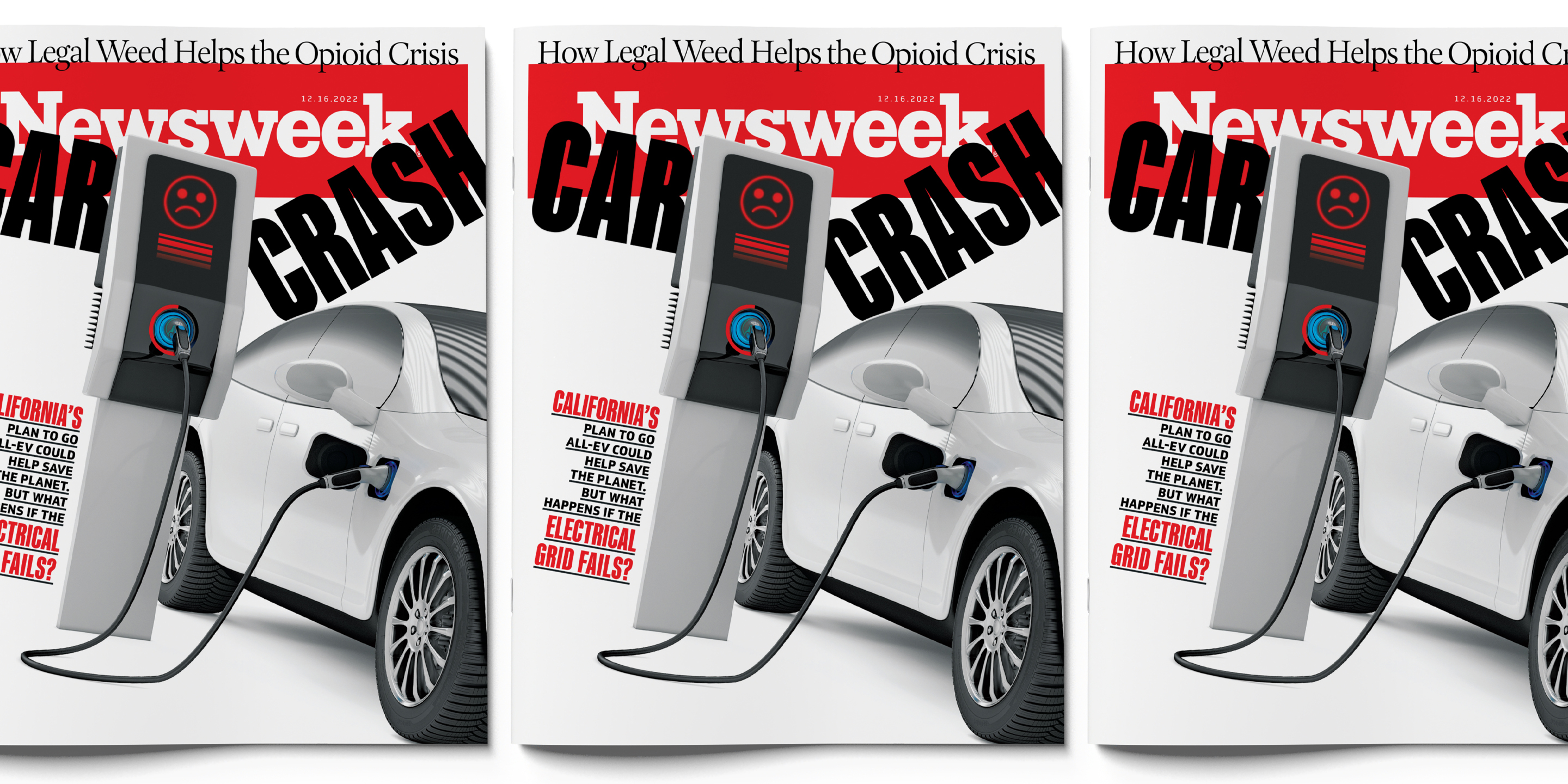Car Dealers Intensify Opposition To Electric Vehicle Mandates

Table of Contents
Economic Concerns Fueling Dealer Resistance
The transition to an EV-centric market presents significant financial hurdles for car dealerships. Adapting to this new reality requires substantial investments and operational changes, placing immense pressure on already thin profit margins.
- High Upfront Investment: Dealerships must invest heavily in new infrastructure, including installing costly charging stations, acquiring specialized tools for EV maintenance and repair, and upgrading their service bays to handle high-voltage systems.
- Lower Profit Margins: Currently, the profit margins on EV sales are generally lower than those on gasoline-powered vehicles. This is due to factors such as lower parts and service revenue and increased competition in the EV market.
- Specialized Training: Sales staff and technicians require extensive training to understand and effectively sell and service EV technology. This necessitates significant investments in employee training programs.
- Uncertainty Surrounding Demand and Incentives: The long-term consumer demand for EVs and the future availability of government incentives remain uncertain, creating risk and hesitation for dealerships making substantial investments.
The failure to adapt quickly enough to the changing market could result in significant revenue losses and even the closure of dealerships, impacting jobs and the overall structure of the automotive retail sector. Many fear that mandates are pushing this transition too quickly, leaving them without adequate time or resources to adjust.
Challenges in EV Sales and Infrastructure
Beyond the economic concerns, dealerships face considerable logistical challenges in selling and servicing electric vehicles. These challenges directly impact sales volumes and customer satisfaction.
- Limited EV Models: The current range of available EV models is still limited compared to the vast selection of gasoline-powered vehicles, restricting dealer choices and potentially limiting customer options.
- Longer Charging Times: Charging an EV takes significantly longer than refueling a gasoline car, leading to "range anxiety" among potential buyers and creating logistical hurdles for dealerships needing to manage charging infrastructure efficiently.
- Range Anxiety and Charging Infrastructure Limitations: The limited availability of public charging stations, particularly in rural areas, remains a significant barrier to EV adoption and fuels consumer apprehension about range.
- Lack of Consumer Awareness: Many consumers still lack a full understanding of EV technology, their benefits, and the nuances of charging and maintenance, requiring increased educational efforts from dealerships.
These challenges contribute to slower EV sales, potentially hindering the very EV adoption the mandates aim to achieve.
Dealer Associations' Organized Opposition and Lobbying Efforts
Facing these challenges, various car dealer associations have formed a united front, employing concerted efforts to oppose or at least modify the stringent nature of EV mandates.
- Intensive Lobbying: Associations are actively lobbying state and federal legislatures to either ease the mandates or provide more support for dealerships during the transition.
- Public Relations Campaigns: They are engaging in public relations campaigns to highlight the concerns of dealers and the potential negative impacts of rapid EV adoption on consumers.
- Legal Challenges: Some associations are exploring legal avenues to challenge the legality or enforceability of certain mandates.
- Industry Collaboration: Dealers are collaborating with other industry groups, including parts suppliers and manufacturers, to present a stronger, unified voice.
The effectiveness of these strategies in influencing policy remains to be seen, but the organized opposition is undoubtedly shaping the narrative surrounding EV mandates.
Concerns about Consumer Choice and Market Distortion
A key argument raised by opponents of EV mandates is that they restrict consumer choice and create an artificial market for electric vehicles.
- Limited Selection: The limited availability of EV models compared to gasoline vehicles restricts consumer choice, potentially forcing buyers into options that may not perfectly meet their needs.
- Higher Initial Cost: The higher upfront cost of EVs compared to comparable gasoline-powered vehicles remains a significant barrier for many consumers.
- Long-Term Viability and Reliability Concerns: Some consumers remain skeptical about the long-term viability and reliability of EV technology, especially concerning battery life and replacement costs.
These concerns influence consumer purchasing decisions and could lead to resistance to the mandated shift towards electric vehicles.
The Future of EV Adoption and Dealer Involvement
The opposition to electric vehicle mandates stems from legitimate economic and logistical challenges faced by car dealerships. The rapid shift to an EV-centric market necessitates a balanced approach that acknowledges the concerns of dealerships while promoting the broader goals of environmental sustainability and reduced carbon emissions. Understanding the opposition to electric vehicle mandates is crucial for finding solutions that support both the transition to electric vehicles and the long-term viability of the automotive retail sector. The future of electric vehicle sales depends on finding a collaborative path forward, ensuring that dealerships are adequately supported during this critical transition. Follow the developments in the ongoing debate on electric vehicle mandates to stay informed about this vital issue shaping the future of transportation.

Featured Posts
-
 Saudi Arabias Abs Market A Post Regulation Outlook
May 03, 2025
Saudi Arabias Abs Market A Post Regulation Outlook
May 03, 2025 -
 Listen Now Loyle Carners All I Need And In My Mind
May 03, 2025
Listen Now Loyle Carners All I Need And In My Mind
May 03, 2025 -
 Overcoming The Stigma Dr Shradha Maliks Work In Mental Health Awareness
May 03, 2025
Overcoming The Stigma Dr Shradha Maliks Work In Mental Health Awareness
May 03, 2025 -
 Souness Critiques Havertzs Arsenal Performance In The Epl
May 03, 2025
Souness Critiques Havertzs Arsenal Performance In The Epl
May 03, 2025 -
 Amant Alastthmar Baljbht Alwtnyt Rwyt Jdydt Lsyasat Alastthmar
May 03, 2025
Amant Alastthmar Baljbht Alwtnyt Rwyt Jdydt Lsyasat Alastthmar
May 03, 2025
